
Since 2015, SEED NGO has been em-paneled with the Hyderabad Metro Water Supply and Sewerage Board. Annually, SEED initiates awareness programs focused on rainwater conservation through the renovation of Rainwater Harvesting Structures. Concurrently, SEED actively participates in World Water Day celebrations, contributing to the cause through the renovation and construction of Rainwater Harvesting Structures. These initiatives are undertaken under various themes, including "Accelerating Change to Solve the Water and Sanitation Crises," "Groundwater: Making Invisible Visible," "Water Leadership and Conservation," and "Manchineela Panduga." SEED promotes Jalavarsathava committees in collaboration with Residential Welfare Associations and Slum Level Federations. In a comprehensive effort, SEED conducts awareness programs to sensitize communities toward rainwater conservation. Simultaneously, SEED explores water budgeting across all locations, identifying gaps in water conservation and pinpointing areas where communities may be wasting water. The program coverage extends to 240 colonies in Haythangar, Vansthali Puram, and LBNager zones of GHMC, as well as other municipalities like Badangpet, Meerpet, and Jalpally. Over the course of these endeavors, SEED has constructed and renovated more than 485 Rainwater Harvesting structures under JALABHAGYAM ,JALAM JEEVAM AND WATER LEADERSHIP AND CONSERVATION PROGRAMS
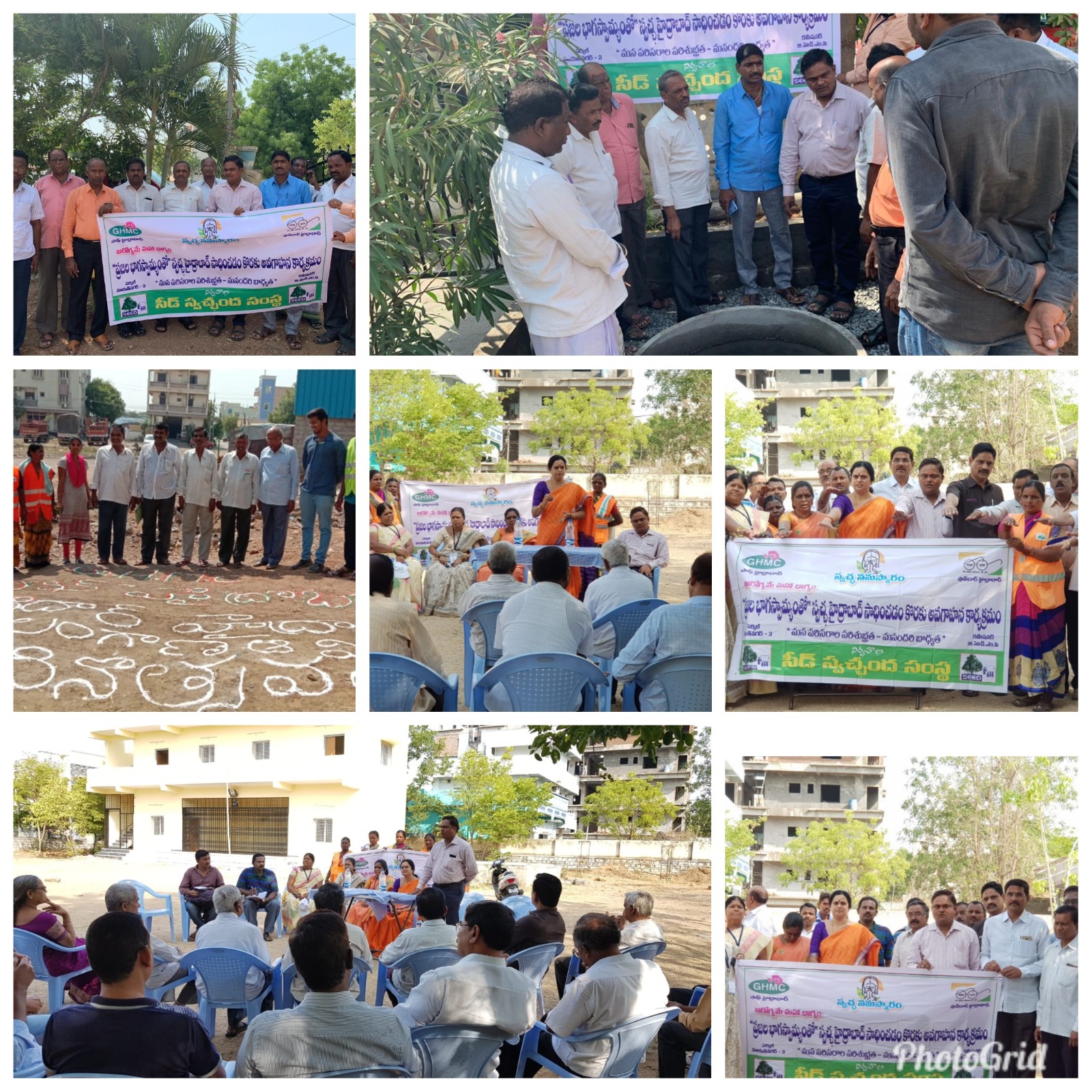
SEED, with the help of GHMC and Technical Assistance from Administrative Staff College of India, has launched a comprehensive initiative aimed at raising awareness about proper waste segregation through door-to-door collection methods. The initiative has reached 12,650 houses in 96 colonies, successfully reduced vulnerable garbage points, achieved a commendable adoption rate of 85-90% for dry and wet waste segregation methods, promoted community composting and home composting practices, effectively managed construction and demolition waste, and significantly improved the attendance of Sanitary Action Teams (SAT) autos. The initiative has also increased door-to-door collection efficiency and improved the attendance percentage of SAT autos and Community Resource Persons (CRPs).
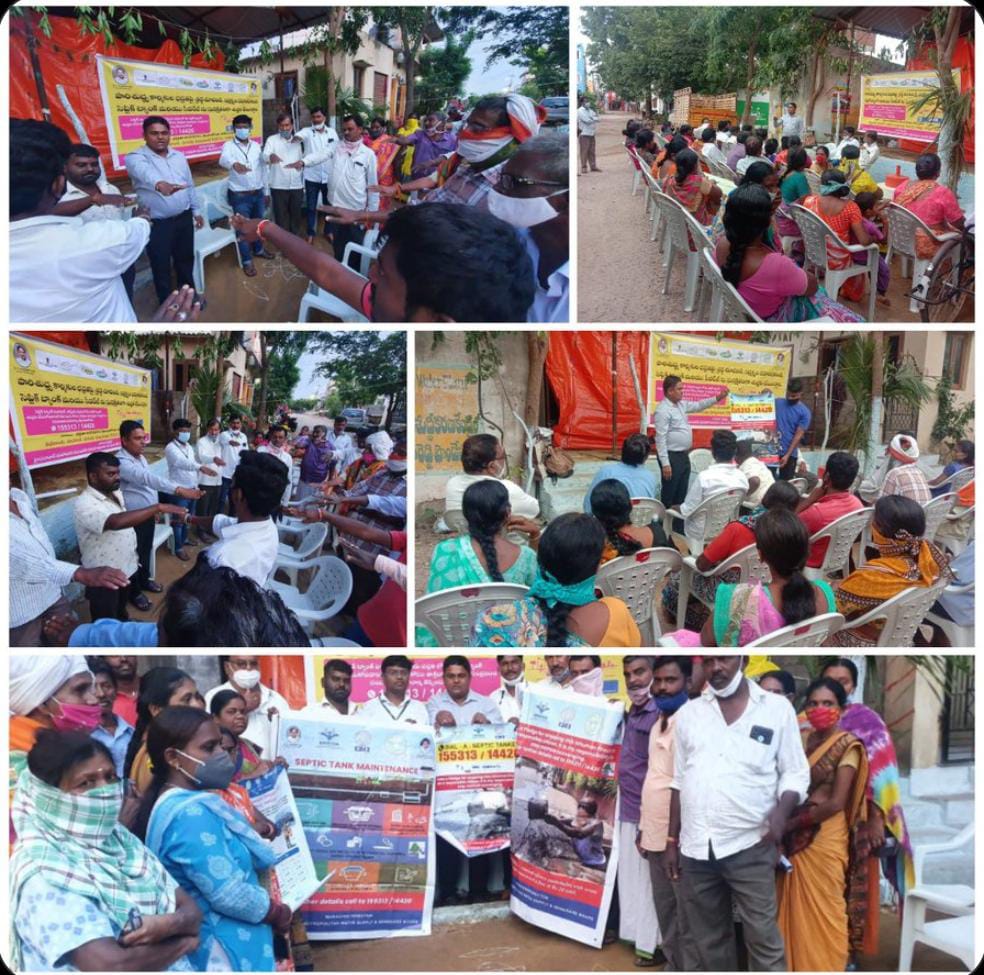
The Hyderabad Metro Water Supply and Sewerage Board (HMWSSB) has launched awareness campaigns targeting Residential Slum Level Federations, focusing on the Safai Surksh Mitra Challenge. These campaigns emphasize the importance of responsible waste management and the environmental impact of waste sludge drawing in the vicinity of colonies. SEED educates communities about the appropriate dialing numbers to access authorized septic tankers for routine cleaning, reducing dependence on private tankers.The pilot project, which involved collecting data on septic tank status in GHMC Hayathnagar, was successfully completed. The results showed that 85% of the colonies are using em-paneled septic tankers for waste management, with 65% of these tankers providing livelihood opportunities. Additionally, em-paneled tankers have reduced drainage overflow issues, improved sanitation conditions, and reduced health expenditures, demonstrating the effectiveness of utilizing em-paneled septic tankers for waste management in GHMC Hayathnagar. The initiative has also led to reduced health expenditures, highlighting the positive impact on the community's overall well-being.
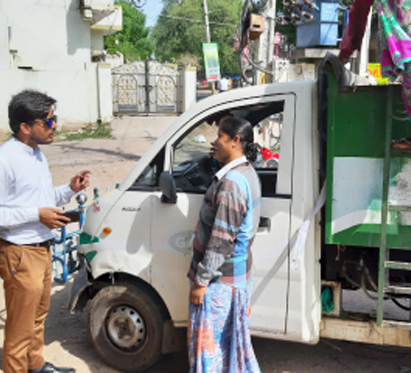
SEED has been taken up the pilot program door to door / house hold survey program on verification of Tap water connection in Adhinbatla municipality of Rangareddy district under Outer Ring Road limits in which we covered 841 house holds Indhiramma colony ,Mariyapuram .Mammarajaguda and Adhibatla
To enhance revenue through the efficient utilization of water and ensure the provision of safe drinking water to consumers residing in villages within the ORR limits.
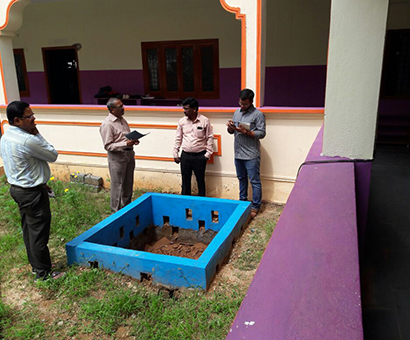
Since 2015 to till date, SEED NGO has collaborated with Hyderabad Metro Water Supply and Sewerage Board, promoting rainwater conservation through annual awareness programs and participating in World Water Day celebrations by renovating and constructing Rainwater Harvesting Structures.
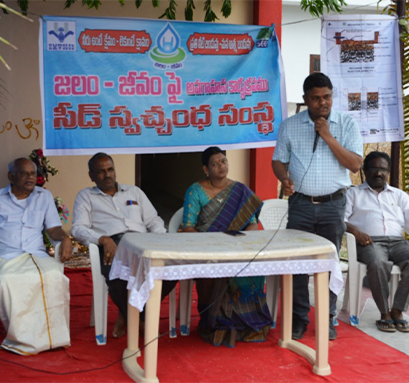
SEED NGO, in collaboration with the Hyderabad Metro Water Supply and Sewerage Board (HMWSSB), has embarked on a project aimed at promoting rainwater harvesting in non-residential areas such as government institutes, colleges, and schools. This initiative encourages the active participation of all citizens in the implementation of a large-scale Rainwater Harvesting/Conservation program. The project spans over a period of six months. As part of this endeavor, awareness programs have been conducted in 265 institutes, accompanied by the provision of technical guidance for the construction of Rainwater Harvesting/Conservation structures on their premises. The objective is to enhance groundwater resources for sustainable yields in bore wells. An initial survey was conducted in these 165 institutes to assess the existing groundwater status and drinking water needs. Subsequently, the project has facilitated the construction of 465 Rainwater Harvesting structures. This initiative has yielded numerous benefits for Self Help Group (SHG) women, Residential Welfare Associations, and other institution owners, including a reduction in expenditure on water tankers and an increase in groundwater recharge through the storage of rainwater in harvesting structures.
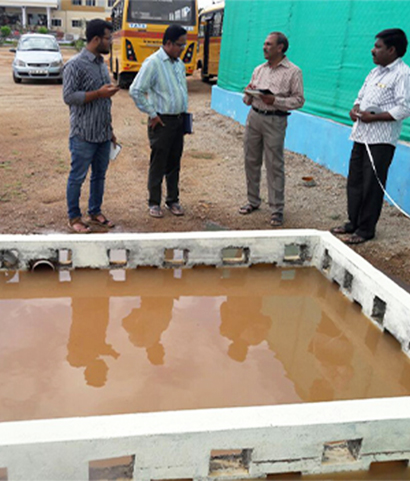
Jala Bagyam, a 100-day program initiated by SEED NGO with the backing of the Hyderabad Metro Water Supply and Sewerage Board, focuses on raising awareness among Residential Welfare Associations, institutions, and women's groups in targeted areas of Badangpet, Meerpet, and Yamjal municipalities within Rangareddy district. The program's core objective is to foster understanding about rainwater conservation and promote the construction of Rain Water Harvesting Systems (RWHS) in common areas, residential premises, and institutional settings. Key activities undertaken by SEED include door-to-door verification of existing Rain Water Harvesting Structures and the dissemination of Information, Education, and Communication (IEC) materials such as posters, pamphlets, and videos. Simultaneously, citizens are educated about the significance of rainwater conservation and encouraged to adopt RWHS. The program has successfully raised awareness among 5,125 households over a period of two months. Out of these, 65 households have installed rainwater harvesting systems capable of storing up to 2000 liters of water per rainfall event. The area captured rainwater over a span of 40 days during the year 2016-2017. The cumulative impact of these initiatives is significant, with the total average volume of water stored in constructed RWHS amounting to 52,00000.00 cubic meters. This has led to the mitigation of water scarcity issues, with 35% of households reporting a reduction in problems related to water scarcity and decreased reliance on water tankers for regular water supply.
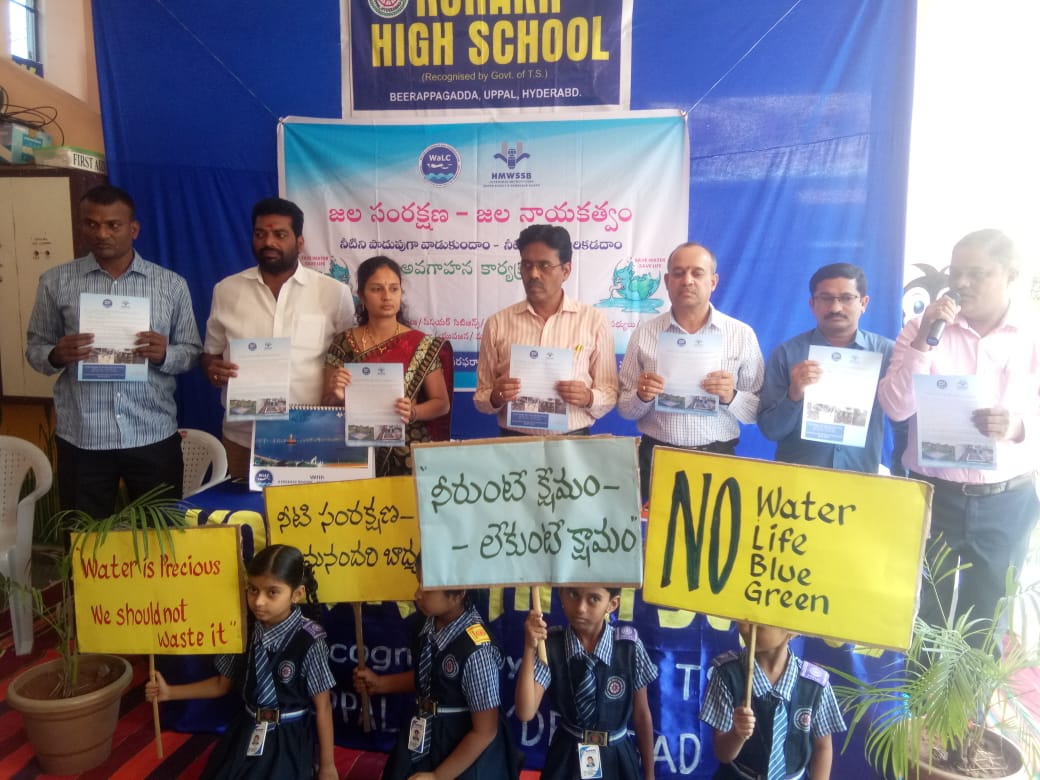
The Water Conservation and Leadership Program, supported by the Hyderabad Metro Water Board, is an initiative led by SEED aimed at mitigating water wastage across various activities such as during supply, vehicle washing, and kitchen vessel usage. This initiative encompasses awareness campaigns conducted in 24 colonies within the Uppal division of HMWSSB. SEED has engaged residential welfare associations, slum level federations, and youth groups to promote rainwater conservation and the refurbishment of rainwater harvesting structures. Technical staff facilitate community engagement through surveys conducted door-to-door, assessing parameters such as rainwater harvesting infrastructure, water wastage during supply, and vehicle washing practices. Households meeting all criteria receive positive indicators, while those falling short are identified with a red mark. Through SEED's efforts, consumer attitudes and behaviors have shifted, resulting in reduced water wastage and adoption of water budgeting practices post-program implementation.